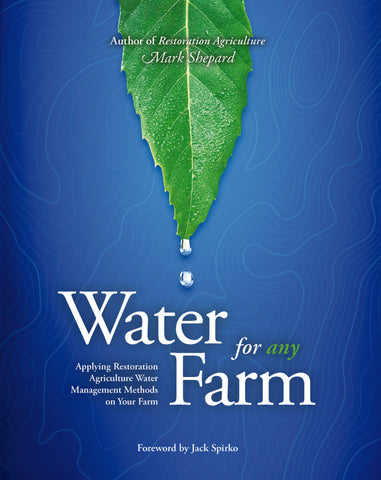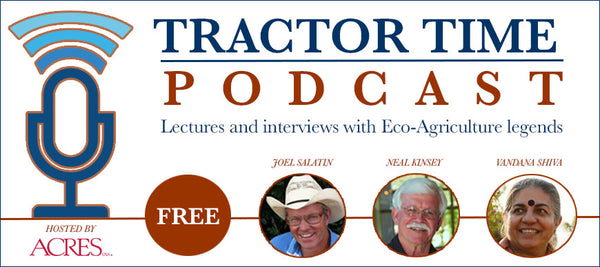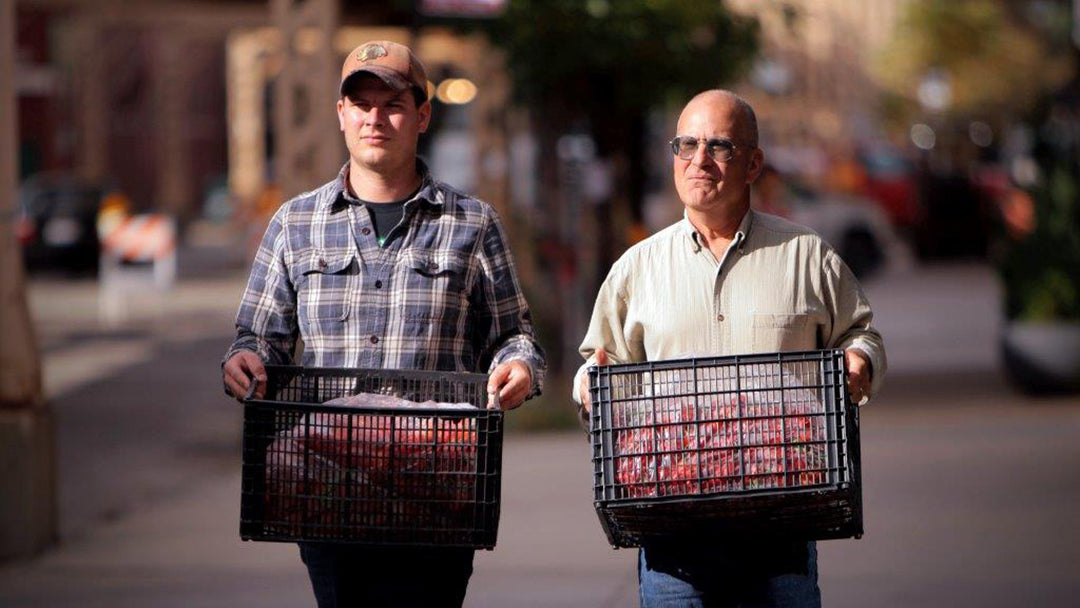
Water for Any Farm
Written as a companion to the bestseller, Restoration Agriculture, this book will help farmers capture water in areas they want to, and avoid having water flow immediately to the low point. The result? Less water expense, healthier crops and livestock, and less erosion ... just to name a few.
What you will read in this book is a distillation of over 25 years of on-the-ground experience working with and modifying the Yeomans’ Keyline Plan. From the back yard suburbs to 10,000-acre ranches and everywhere in between, from permafrost mountainsides just shy of the Arctic Circle, to equatorial boulder fields of East Africa, areas with 300 inches of rain per year to those with less than 3 inches, I have personally installed systems based on the Keyline design methodology and its modified forms.
What you will read in this book is tried and true. It is intended to give a sufficient background to any landowner so that they can optimize their water resource for higher site productivity, have greater drought resistance and just as importantly, to know deep in their heart that they have made even one little piece of earth a little more life-filled, livable and green.
#7573 • Copyright 2020 • Softcover • 240 pages
Audio Book Available
Now also available as an audiobook! Click this link to learn more.
About the Author
Mark Shepard is a Wisconsin-based permaculture designer, agroforester and ecological farming consultant. He and his family have transformed a typical 140-acre row-crop dairy farm into a permaculture-based perennial-agricultural ecosystem using oak savannah, successional brushland and Eastern woodlands as ecological models. In all, they have planted 100,000 trees on this property. The result is one of the first and finest farm-scale models of permaculture in the United States. New Forest Farm features chestnut, hazelnut and fruit trees, a variety of other fruits and vegetables, chickens, ducks, pigs and other animals.
Customer Reviews
My Farmer, My Customer
New! Learn from Marty Travis's experiences converting the Spence Farm into one of the most successful farming co-ops in the United States today.



